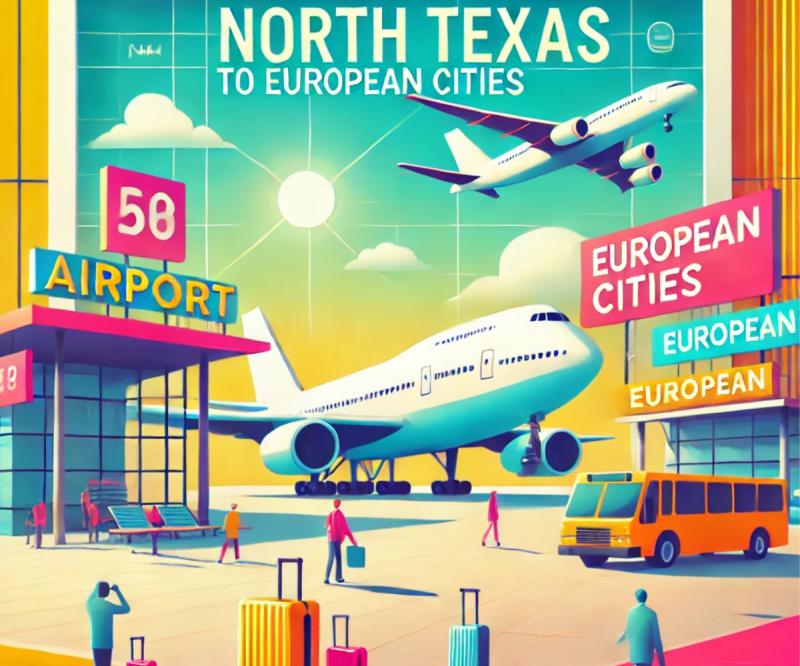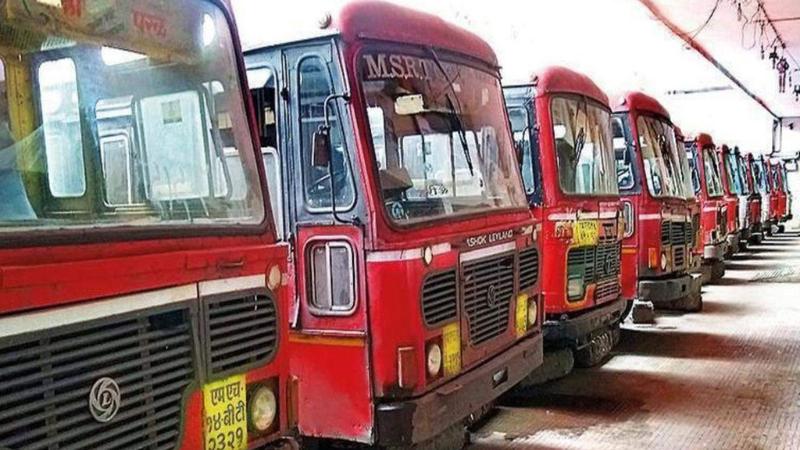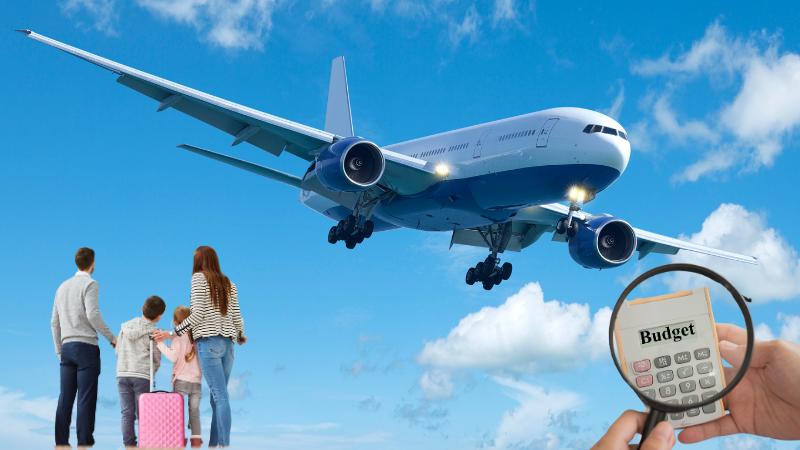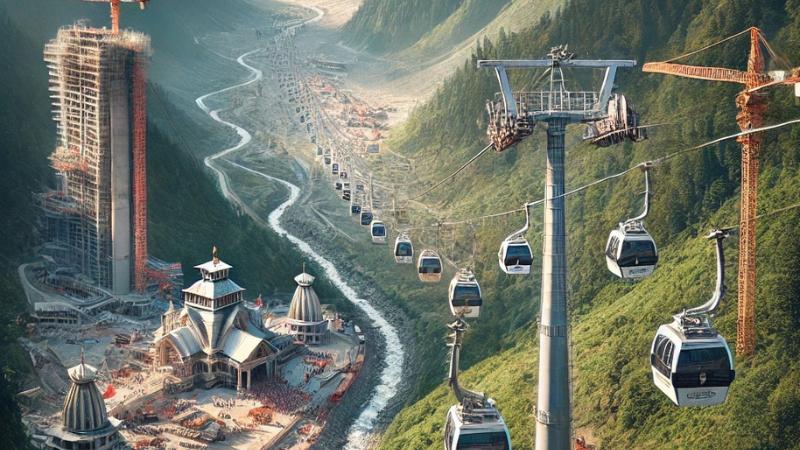Union Budget 2025: Comprehensive Announcements for Economic Growth, Tax Relief, and Infrastructure Development
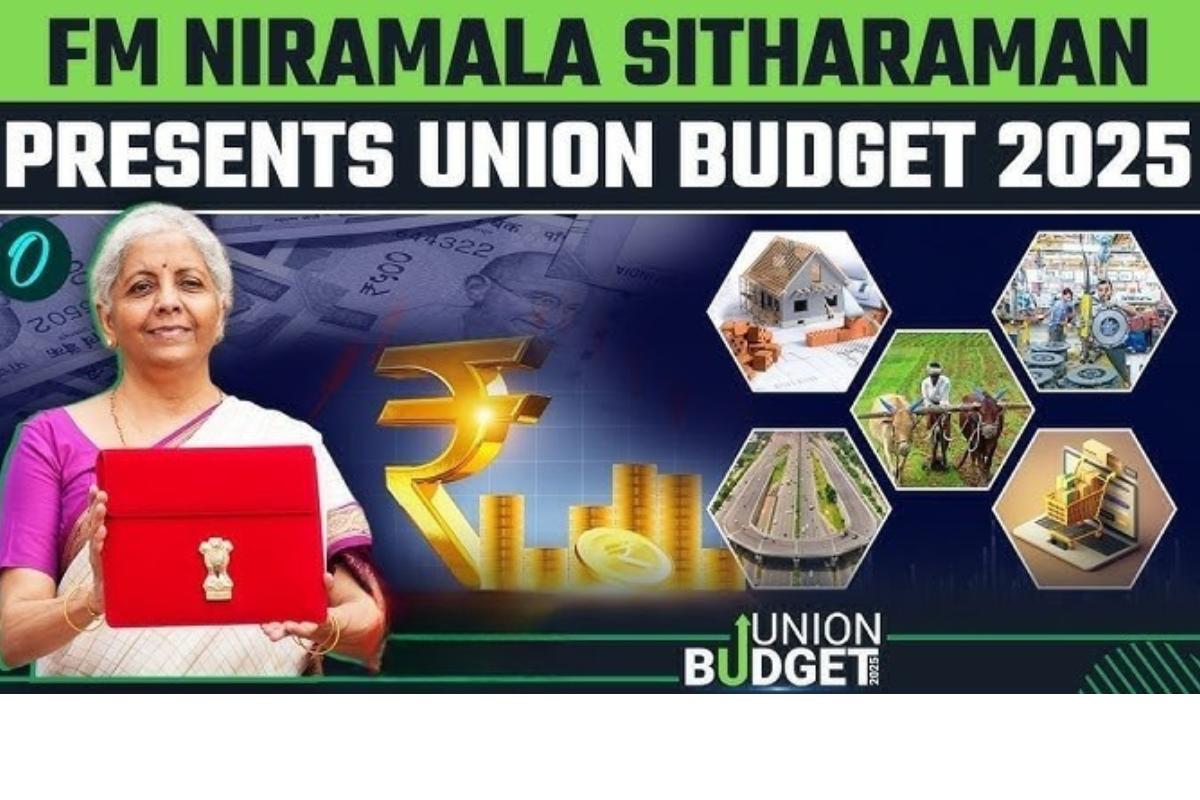
- galaxy
- 02 Feb 2025 06:17 AM
- #Union Budget 2025 #Income tax reforms
Income Tax:
Union Budget 2025 introduces a revamped tax regime, with key reforms aimed at providing relief to the middle class. The new tax slabs are as follows:
- Up to Rs 4 lakh - 0%
- Rs 4-8 lakh - 5%
- Rs 8-12 lakh - 10%
- Rs 12-16 lakh - 15%
- Rs 16-20 lakh - 20%
- Rs 20-24 lakh - 25%
- Above Rs 24 lakh - 30%
Additionally, income up to Rs 12 lakh for salaried taxpayers will be exempt from tax, offering significant relief. Other tax measures include a higher TDS limit on rent and doubled tax deductions for senior citizens.
Start-ups:
To continue supporting the start-up ecosystem, the Union Budget ensures that benefits for start-ups will persist for up to five years from inception. This includes financial support and policy interventions to help foster entrepreneurship and innovation in the country.
Banking & Insurance:
The budget outlines a framework for the creation of a Grameen credit score system to aid rural India, improving access to finance. Additionally, the Foreign Direct Investment (FDI) limit for the insurance sector is raised to 100%, allowing for more foreign investment and strengthening the sector.
Housing:
A Rs 15,000 crore fund is allocated for the rapid completion of 1 lakh housing units under the government's housing scheme. This initiative aims to address the housing shortage and accelerate infrastructure development in the real estate sector.
Agriculture:
The government has launched a 6-year mission to achieve "Atmanirbharta" (self-reliance) in oilseeds, alongside a 5-year initiative to increase cotton yield and quality. Furthermore, the Kisan Credit Card limit has been raised from Rs 3 lakh to Rs 5 lakh, offering better financial assistance to farmers.
Education:
The Union Budget provides for the establishment of Atal Tinkering Labs in schools to promote innovation among students. Broadband internet will be extended to all government secondary schools, and additional infrastructure will be created in IITs to increase student capacity. IIT Patna will also undergo expansion.
Healthcare:
Healthcare reforms include setting up daycare cancer centers in district hospitals, with 200 centers to be established by fiscal year 2026. Moreover, six life-saving drugs will have a 5% duty, and 36 life-saving drugs related to cancer and chronic diseases will be exempt from basic customs duties.
Growth:
To foster growth, the budget raises the credit guarantee cover for MSMEs (Micro, Small, and Medium Enterprises) to Rs 10 crore, up from Rs 5 crore. This aims to help MSMEs access credit and support their growth and competitiveness.
Infrastructure:
The Union Budget highlights major infrastructure projects, including Rs 1.5 lakh crore interest-free loans for states to implement infrastructure reforms. Over the next 10 years, more than 100 new regional airports will be established, with UDAN 2.0 connecting 120 new airports, especially focusing on the northeast and Bihar.
Excise & Customs Duty:
To facilitate exports, an export promotion mission will be set up for easier access to export credit. Additionally, the budget proposes the removal of 7 tariff rates, leaving only 8 tariff rates, streamlining the excise and customs duty structure.
Economy:
An investment-friendly index will be launched to increase competition among states and attract investments. The revised fiscal deficit for fiscal 2025 is set at 4.8%, with capital expenditure allocated at Rs 10.18 lakh crore, demonstrating a commitment to sustainable economic growth.
Women's Development:
The budget introduces a term loan of Rs 2 crore for women, first-time entrepreneurs from SC/ST and backward classes. This initiative aims to empower women entrepreneurs and increase their participation in the economy.
Rural India:
The Union Budget focuses on rural India with provisions for nutritional support to over 8 crore children and 1 crore lactating mothers, ensuring better health outcomes for rural populations.
Make in India:
A National Manufacturing Mission will be introduced to support clean technology manufacturing and nuclear energy research and development. These initiatives aim to boost India's manufacturing sector and make it more globally competitive.
Water Management:
The Jal Jeevan Mission will be extended till 2028, continuing efforts to provide safe drinking water to rural areas, contributing to improved public health and water management systems across the country.
Technology:
The budget sets aside Rs 500 crore to establish a Centre of Excellence in Artificial Intelligence, fostering innovation in AI technology. It also introduces 25 additional capital goods for electric vehicle battery manufacturing, supporting India's green energy transition.
Tourism:
Tourism gets a significant boost with visa fee waivers for certain tourist groups and a special focus on promoting destinations linked to Lord Buddha, aiming to boost both domestic and international tourism.
This sector-wise breakdown highlights the government’s focus on balanced development across key areas like taxation, start-ups, agriculture, healthcare, infrastructure, and more, making this a progressive budget aimed at sustainable growth and empowerment.







